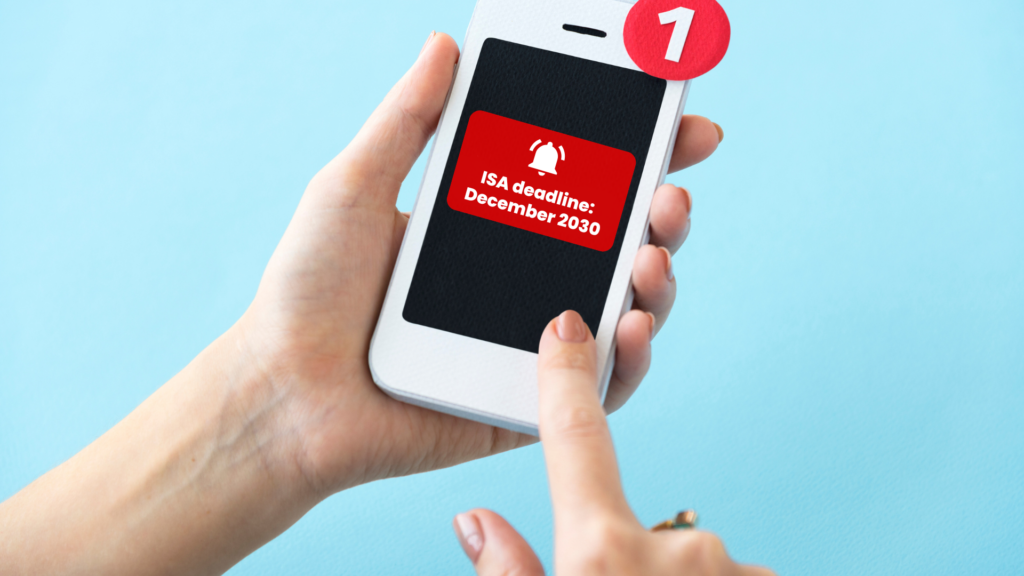Getting a mortgage when you’re not the typical homebuyer is stressful. Maybe you’re in a non-traditional job, rely on multiple income streams, or have a bad credit score that’s making lenders hesitant. Whatever the reason, finding a mortgage feels more complicated than it should be, and you’re looking for a broker who really understands your […]
Blog

Haysto Review: Is This the Right Broker for Complex Cases?

Can Couples Open a Joint Help to Buy ISA? Find Out Here
You and your partner are serious about buying your first home, and you’re probably looking for every possible way to make it affordable. Maybe you’ve looked into joint savings accounts before, only to find the Help to Buy ISA doesn’t allow joint applications. So, where does that leave you? This article unpacks how individual Help […]

How Help To Buy ISA Works For Your House Deposit
You opened a Help to Buy ISA just before the deadline in 2019. Now you’re ready to make the most of it. You’ve been steadily saving, but with house prices still high, every extra pound counts. In this article, you’ll learn how to get the best out of your ISA. We’ll show you when and […]

Help to Buy ISA End Date Explained: Are There Alternatives?
If you’ve been saving up with the dream of owning your first home, chances are you’ve come across the Help to Buy ISA. But you might be wondering if it’s still around or if you’ve completely missed the boat. The scheme closed to new applicants back in 2019, which was a bit of a letdown […]

How To Claim Help To Buy ISA Bonus: A Complete Guide
The Help to Buy ISA has been a go-to for many first-time buyers looking to get onto the property ladder. And if you’re in the same boat, you might be wondering, “How exactly does the bonus work, and how do I make the most of it?” Well, worry no more. In this guide, we’re going […]

A Full Guide to Help to Buy ISAs and Other ISA Options
Please note: You can no longer apply for a Help to Buy ISA, as the scheme closed to new applicants in November 2019. However, if you’re an existing account holder, you can still save into it and claim the government bonus. For those who missed out, there are other alternatives, such as the Lifetime ISA, […]
